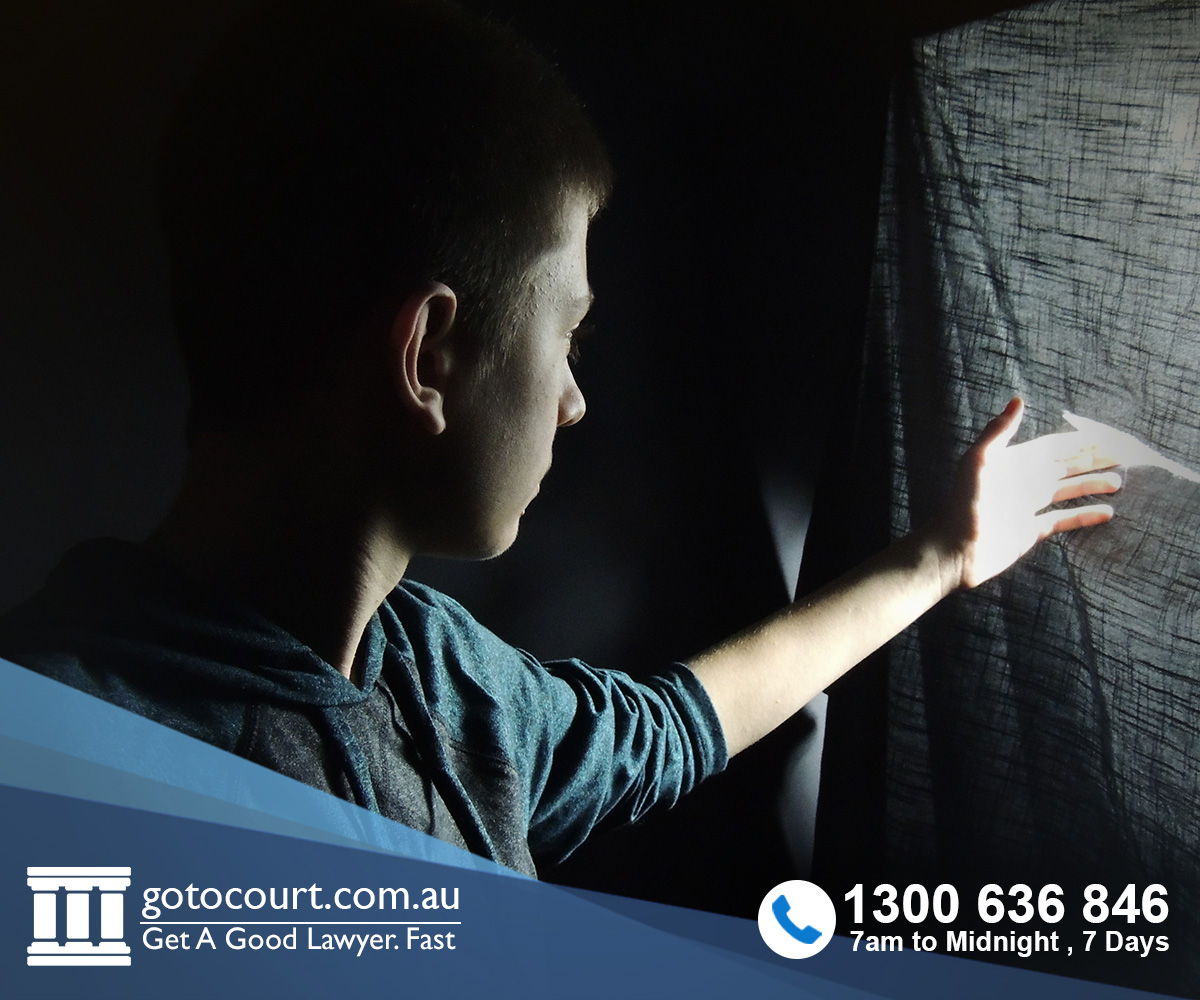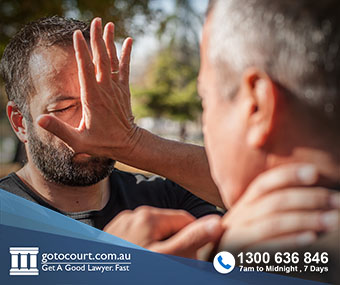Call our lawyers
now
or,
have our lawyers
call you
Defence of Duress in South Australia
Updated on Oct 25, 2022 • 4 min read • 372 views • Copy Link
Defence of Duress in South Australia
Duress is available as a defence to all offences in South Australia except offences involving murder. The defence of duress is now set out in Section 15D of the Criminal Law Consolidation Act 1935, which replaces the common law defence of duress. A person can be acquitted of an offence on the basis of duress if they were ‘forced’ to commit the offence by another person. This page outlines the defence of duress in South Australia.
Legislation on duress in South Australia
Section 15D states that a person is not guilty of an offence if at the time of carrying out the conduct they reasonably believed:
- that a threat had been made and would be carried out if they did not carry out the conduct making up the offence;
- carrying out the conduct was the only way to avoid the execution of the threat;
- the accused’s conduct was a reasonable response to the threat.
The defence of duress cannot be relied on in a situation where the accused voluntarily associated with the person making the threat for the purpose of carrying out the sort of conduct alleged.
Common law defence of duress replaced
Section 15D was inserted into the Criminal Law Consolidation Act on 1 February 2021, replacing the common law defence of duress. The common law defence of duress, which is defined slightly differently, can still be relied on in relation to offences alleged to have occurred prior to that date.
What sort of threats lead to duress?
The only sorts of threats that are sufficient to make out the defence of duress in South Australia are threats of death, threats of serious harm and threats of false imprisonment.
When is the defence of duress not available?
The defence of duress is not available in relation to charges of murder, attempted murder, conspiring or soliciting to commit murder, aiding, abetting, counselling or procuring a murder.
Burden of proof
Once the defence has raised the defence of duress, it is up to the prosecution to prove beyond a reasonable doubt that the accused person was not acting under duress. The defence does not have to prove that the defence applies.
The prosecution can prove that the accused was not acting under duress in any of the following ways.
- By proving that the accused did not commit the offence when their will was overborne by threats;
- By proving that the accused did not make reasonable efforts to escape the threats. The defence of duress only applies in extreme situations, where the accused had no realistic alternative. If the accused could have sought help, for example, from the police, the defence will fail.
- By proving that the accused voluntarily put themselves in a position of being subjected to the threats. This may be by voluntarily associating with criminals in a way that being subjected to threats if criminal acts were not carried out was foreseeable.
- By proving that a person of ordinary firmness and courage would not have given in to the threat in the way the accused did. The court will have regard to the age, sex, background and personal characteristics of the accused in assessing whether their response was reasonable.
Duress in South Australia in family violence situations
Section 15B provides for how the accused’s conduct is to be assessed in a case where they claim to have acted under threats or defensively in a family violence context. In such a situation, what the accused believed to be necessary and reasonable is to be assessed in relation to the evidence of family violence that is before the court.
Evidence of family violence will be relevant to determining:
- Whether the accused genuinely believed that particular conduct was necessary and reasonable;
- Particular conduct was reasonably proportionate to a particular threat;
- The accused reasonably believed that a threat would be carried out;
- The accused reasonably believed that particular conduct was the only reasonable way a threat could be avoided;
- Particular conduct was a reasonable response to a particular threat.
Other defences
The defence of duress is related to and overlaps with the defences of self-defence and necessity, where an accused person is induced to commit an offence to avoid more dire consequences.
If you require legal advice or representation in any legal matter, please contact Go To Court Lawyers.

Affordable Lawyers
Our Go To Court Lawyers will assist you in all areas of law. We specialise in providing legal advice urgently – at the time when you need it most. If you need a lawyer right now, today, we can help you – no matter where you are in Australia.How It Works







1. You speak directly to a lawyer
When you call the Go To Court Legal Hotline, you will be connected directly to a lawyer, every time.


2. Get your legal situation assessed
We determine the best way forward in your legal matter, free of charge. If you want to go ahead and book a face-to-face appointment, we will connect you with a specialist in your local area.


3. We arrange everything as needed
If you want to go ahead and book a fact-to-face appointment, we will connect you with a specialist in your local area no matter where you are and even at very short notice.











